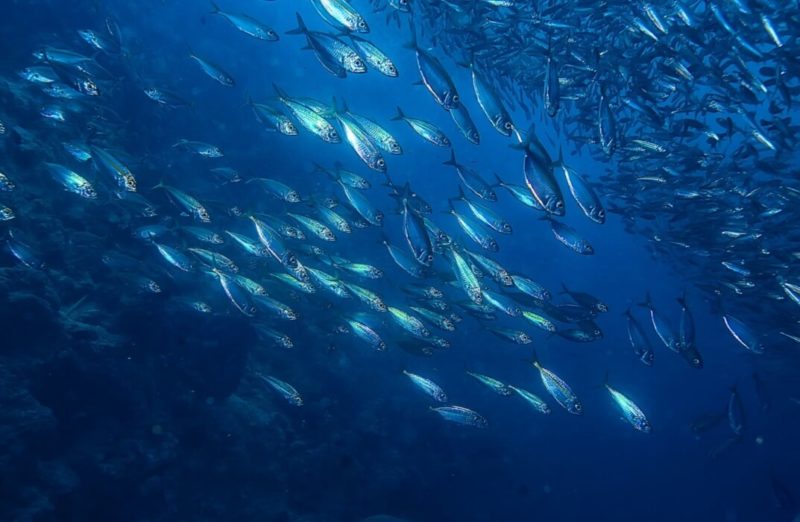There seems to be a consensus among experts in marine planning and regulation that it is impossible to know at this stage what will change once the UK leaves the EU. However, we don’t expect immediate changes. EU Directives concerning marine planning and management, conservation and regulation of the marine environment – such as the Birds and Habitats Directives, the EIA Directive, etc. – have been transposed into UK legislation by Acts of Parliament.
If the British Parliament decides to repeal the European Communities Act 1972 and leave the EU – a process that hasn’t yet begun – it will probably take some time before any changes take place. For a start, it will take a significant amount of time for the British Parliament and the Civil Service to review every piece of UK legislation that has originated from EU law. Since the UK has had a leading role in shaping nature conservation and the ecosystem approach to marine planning and management in Europe, it is unlikely that we will see dramatic changes in policy, which is what ultimately drives legislation.
Furthermore, it is reasonable to expect that economic, trade and border issues and related legislation will take precedence, so we may not see substantial changes in the short term.
Another important consideration is that the UK’s framework for preparing plans and making decisions affecting the marine environment – the Marine Policy Statement1 (MPS) – has been prepared and adopted for the purposes of section 44 of the Marine and Coastal Access Act 2009, and is also an Act of the British Parliament itself. The Secretary of State, Scottish Ministers, Welsh Ministers and the Department of the Environment in Northern Ireland have jointly adopted the MPS, and there is no early indication that the Marine and Coastal Access Act 2009 will be discussed by Parliament again.
Finally, some of the other regulations regarding marine management are not a result of the EU, but of the OSPAR Convention. This is an agreement of the UK with another 15 governments and the EU, to cooperate to protect the marine environment of the North-East Atlantic. Since its inception in 1972, with the Oslo Convention against dumping, it was broadened by the Paris Convention of 1974 to cover the offshore industry in general. These two conventions were updated and extended by the 1992 OSPAR Convention, which also includes an annex on biodiversity and ecosystems, to cover non-polluting human activities that can adversely affect the sea. Membership of the EU does not affect being a signatory of the OSPAR Convention – others include Switzerland, Norwayand Iceland. And no, it is not expected that Turkey will join the Convention.
So in summary, it is uncertainty, with low expectations of immediate change, and more uncertainty in the long term. For the immediate future, expect few changes.










